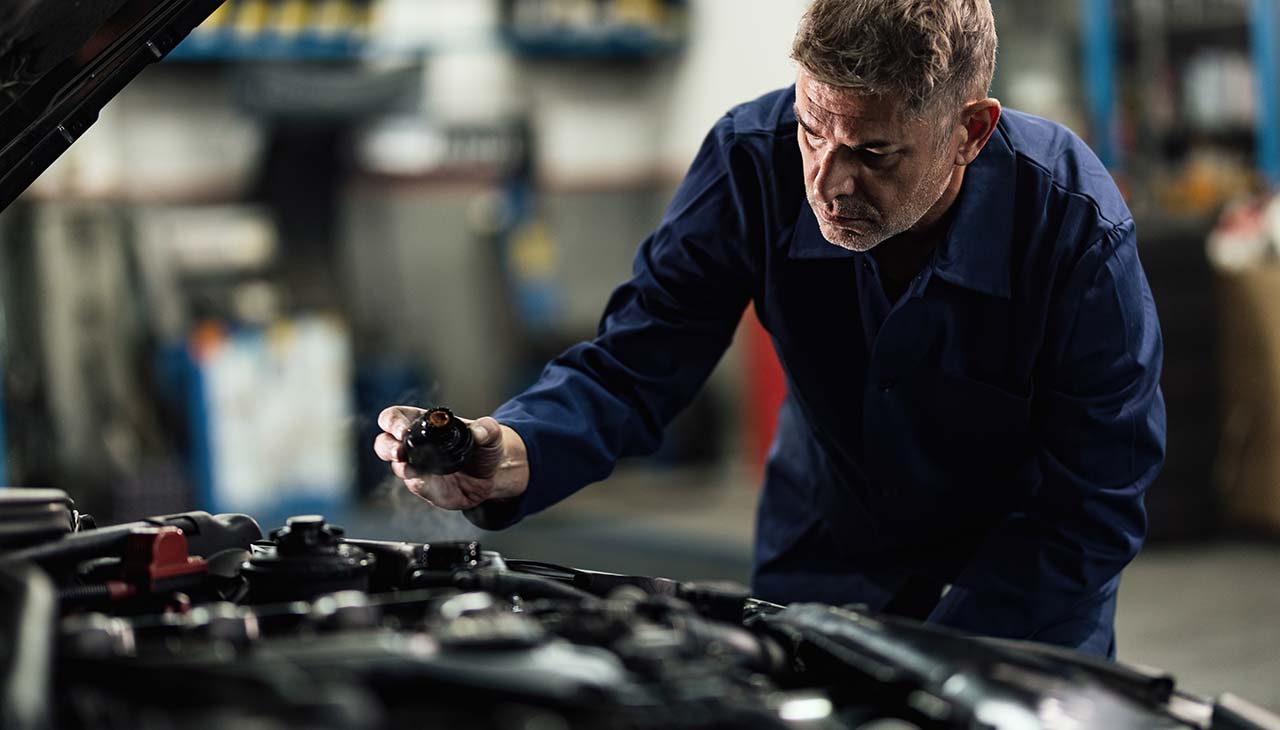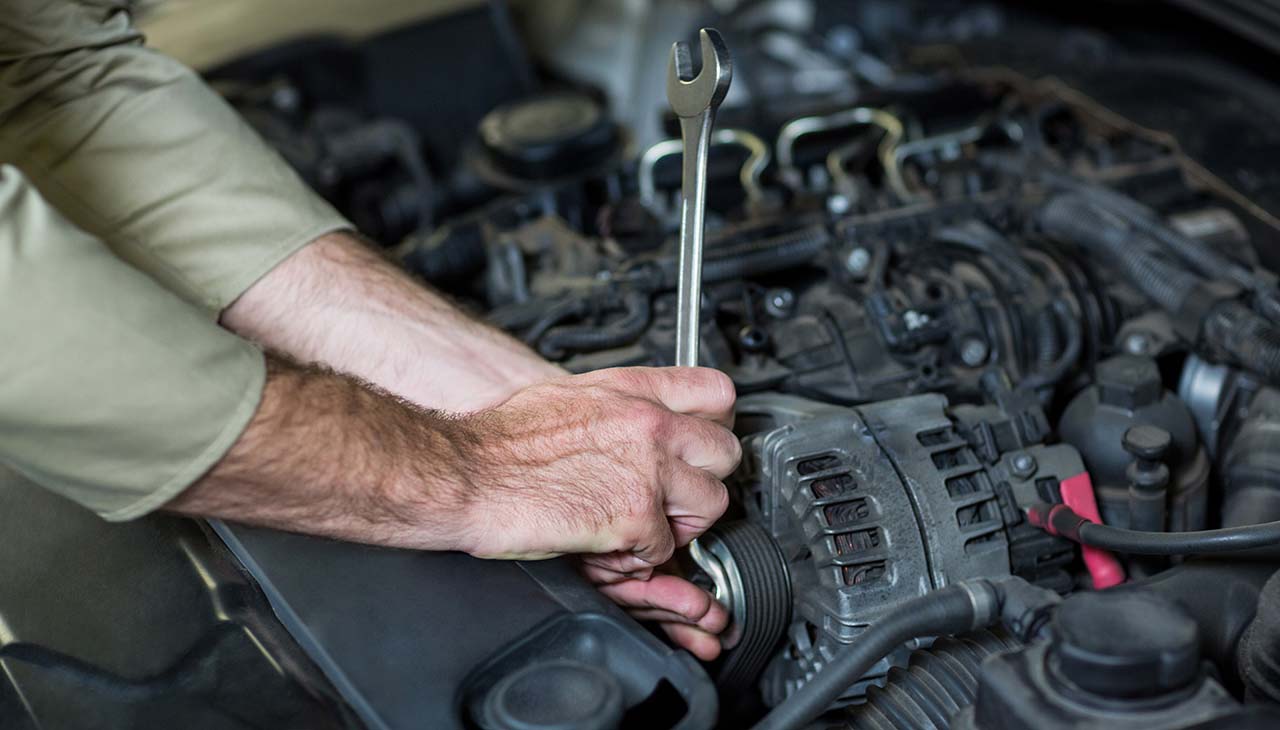In the world of automotive enthusiasts and professionals alike, the quest for enhanced engine performance is a never-ending pursuit. From weekend warriors looking to boost their ride’s horsepower for the next car meet, to racing professionals seeking every possible advantage on the track, enhancing engine performance is both a science and an art. In this guide, we will explore a variety of tips and techniques that can help you unlock the full potential of your vehicle’s engine. Whether you’re aiming for better fuel efficiency, increased torque, improved horsepower, or all of the above, there’s a wealth of knowledge to discover that can help you achieve your performance goals.
Lubrication and Maintenance
One of the most straightforward yet impactful ways to enhance engine performance and ensure its longevity is by utilizing synthetic lubricants. Synthetic oils are designed to provide superior protection against wear, reduce friction, and withstand extreme temperatures better than traditional mineral oils. This not only improves your engine’s efficiency but also can significantly extend its life. In addition to upgrading to synthetic lubricants, regular maintenance tasks such as timely oil changes and air filter replacements are crucial. They not only keep your engine running smoothly by removing impurities that can damage internal components but also optimize your engine’s operation. Together, these practices form a solid foundation for maintaining peak engine performance and reliability.
Power Enhancements
Turbocharging Techniques
Turbocharging is a widely adopted technique to significantly boost the horsepower of an engine without significantly increasing its size. By forcing more air into the combustion chamber, turbochargers enable the engine to burn more fuel and produce more power. The benefits of turbocharging are manifold; it not only increases power output but also improves efficiency, as it utilizes the engine’s exhaust gases to operate. This means you get more power from each drop of fuel, leading to better overall performance. However, it’s crucial to ensure that the turbocharger is properly matched with the engine’s capacity and intended use to avoid potential downsides such as increased engine strain or reduced longevity.
Optimizing the Fuel System
For an engine to perform at its best, optimizing the fuel system is essential. This involves ensuring that the fuel is delivered to the engine’s combustion chambers in the right amount, at the right time, and under the correct pressure. Upgrading to a high-performance fuel pump, installing bigger or more efficient fuel injectors, and using a more advanced fuel management system can significantly enhance power delivery. These upgrades allow for a more precise control over fuel distribution, improving throttle response, and increasing torque. Optimizing the fuel system, in conjunction with turbocharging, can result in a substantial increase in performance, providing that exhilarating driving experience sought after by automotive enthusiasts and professionals alike.
Performance Upgrades
Cold Air Intake System
Installing a Cold Air Intake (CAI) system is a popular and relatively simple performance upgrade that can significantly impact your vehicle’s power output and efficiency. By drawing in cooler air from outside the engine compartment, a CAI can increase the engine’s horsepower and torque. Cooler air is denser than the warm air typically found within the engine bay, allowing for more oxygen to enter the combustion chamber per intake cycle. This results in a more complete combustion process, thereby enhancing power and improving the engine’s efficiency. Additionally, a CAI typically features a higher flow filter and larger diameter intake tube, reducing air resistance and allowing the engine to breathe easier.
Ignition System Upgrades
Upgrading the ignition system can also lead to noticeable performance gains. High-performance spark plugs, ignition coils, and ignition wires can ensure a stronger and more consistent spark, leading to more efficient fuel combustion. This can result in a smoother-running engine, improved throttle response, and slight increases in horsepower and fuel efficiency. Upgrades to the ignition system are especially effective in older vehicles or those with significant performance modifications where the stock ignition system may not be fully optimized for the increased demands.
Exhaust System Modifications
Another key area for performance enhancements is the exhaust system. Replacing the factory exhaust components with high-performance parts can significantly reduce exhaust backpressure, allowing the engine to expel gases more easily and thus breathe better. High-flow catalytic converters, performance mufflers, and larger diameter exhaust pipes can all contribute to improved engine performance. These upgrades not only help in increasing power but also produce a more aggressive exhaust note, enhancing the overall driving experience. Upgrading the exhaust system, when combined with a CAI and improvements to the ignition system, can provide a comprehensive boost to the vehicle’s performance, making it an ideal set of modifications for enthusiasts aiming to maximize their vehicle’s potential.
Weight Reduction
Reducing the vehicle’s weight is one of the most effective ways to enhance its acceleration, handling, and fuel efficiency. By substituting heavy stock components with lightweight alternatives such as carbon fiber body panels, aluminum alloy wheels, or even removing non-essential parts, drivers can significantly reduce the car’s mass. This weight reduction allows the engine to propel the vehicle more effortlessly, resulting in quicker acceleration times and more nimble handling. Furthermore, lighter vehicles tend to put less strain on brakes and suspension components, leading to improved brake performance and a smoother ride. Incorporating lightweight materials and components is a strategic approach to increase a vehicle’s performance capabilities, making it a favored technique among racing professionals and automotive enthusiasts alike.
Tuning and Modifications
Engine tuning is an essential aspect of achieving optimal performance from a vehicle. By meticulously adjusting the fuel-air mixtures and engine speeds, technicians can fine-tune how an engine operates, significantly enhancing its power and torque output. These adjustments ensure the engine performs efficiently under various conditions, from daily driving to high-performance racing. Beyond basic tuning, incorporating performance modifications such as superchargers and performance chips can offer substantial horsepower gains. Superchargers compress the air entering the engine, allowing more oxygen into the combustion chamber, which in turn increases power. Performance chips, or aftermarket engine control units (ECUs), modify the factory settings of a car’s computer, improving various aspects of engine performance, including fuel delivery, ignition timing, and air intake parameters. Together, these advanced tuning and modification techniques can transform a standard vehicle into a high-powered machine, ready to deliver exceptional performance and driving excitement.

